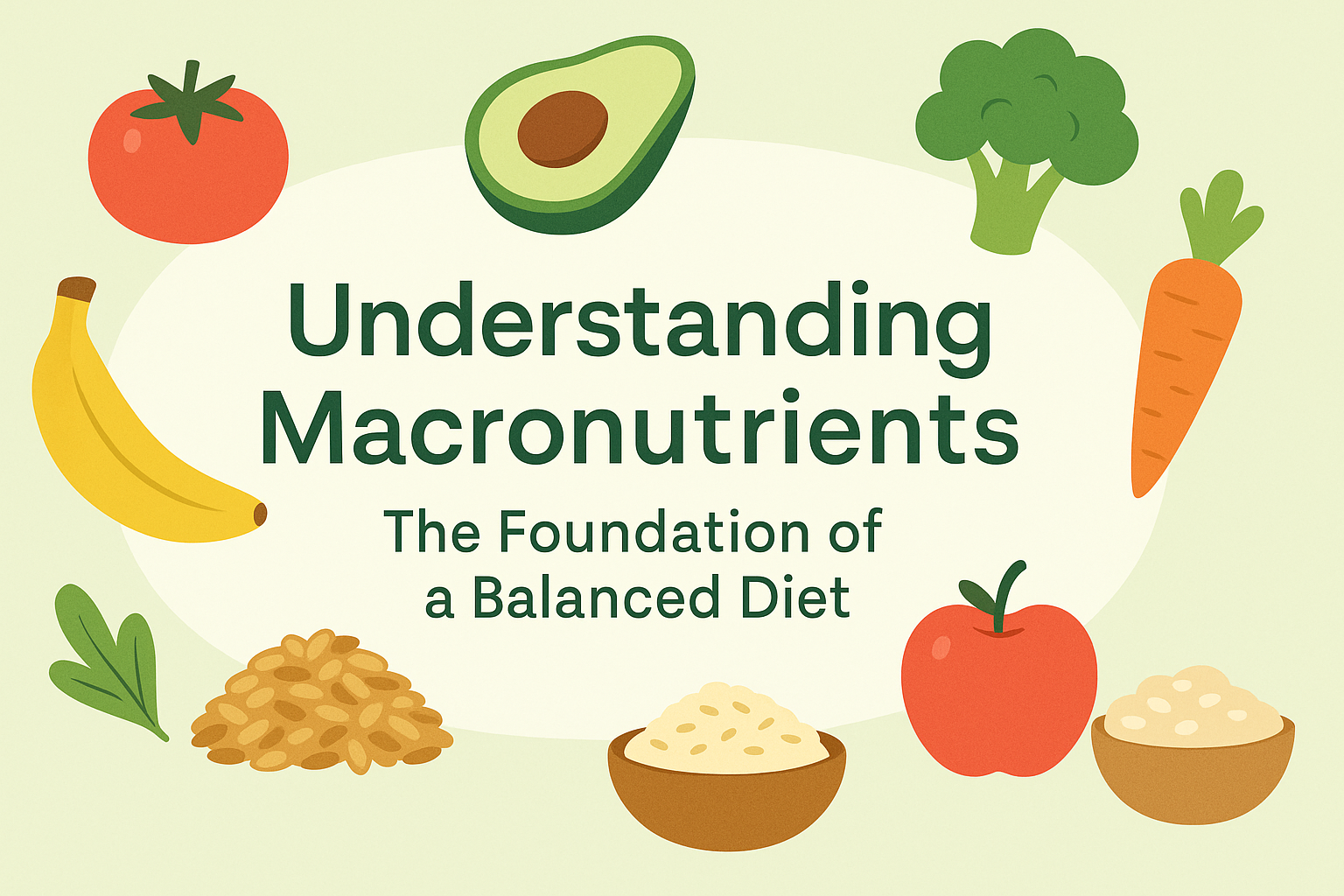This Content Is Only For Subscribers
Have you ever wondered why nutritionists and health experts emphasize macronutrients when discussing a balanced diet? Understanding macronutrients is essential because they form the cornerstone of healthy eating and provide the fundamental building blocks of your diet.
What Are Macronutrients? (Macronutrients Explained)
Macronutrients are nutrients required by your body in relatively large amounts. These include carbohydrates, proteins, and fats. Each plays a unique and crucial role in maintaining overall health and ensuring your body functions optimally.
Carbohydrates: Your Main Energy Source
Carbohydrates are your body’s primary source of energy. They break down into glucose, which your cells use for fuel. Carbs can be classified into two main categories:
- Simple Carbohydrates: Found in fruits, sugars, milk, and sweets. They provide quick energy but can lead to energy crashes if consumed excessively.
- Complex Carbohydrates: Present in whole grains, vegetables, and legumes. They digest slowly, helping maintain steady blood sugar levels and providing sustained energy.
For a balanced diet, focus on consuming more complex carbohydrates like whole grains, brown rice, oats, and fresh vegetables.
Proteins: Essential for Repair and Growth
Proteins are fundamental for body repair, muscle growth, and maintaining a healthy immune system. They are composed of amino acids, some of which your body cannot produce naturally (essential amino acids).
Good protein sources include:
- Lean meats (chicken, turkey)
- Fish and seafood
- Eggs and dairy products
- Plant-based options such as beans, lentils, and nuts
Ensure variety in your protein sources to get a broad spectrum of nutrients.
Fats: Vital for Cell Function
Fats often get a bad reputation, but they are essential for absorbing vitamins, protecting organs, and maintaining cell integrity. Fats are categorized into:
- Unsaturated fats: Found in avocados, nuts, olive oil, and fatty fish. These fats support heart health and overall well-being.
- Saturated fats: Common in meat, dairy, and certain oils like coconut oil. Consume these in moderation.
- Trans fats: Usually in processed snacks and fried foods; these should be avoided as much as possible.
Prioritize unsaturated fats to promote better health.
Balancing Macronutrients in Your Diet (Diet Fundamentals)
A balanced diet means eating the right proportion of carbohydrates, proteins, and fats to suit your individual health goals and lifestyle. Generally, dietary recommendations suggest the following distribution:
- Carbohydrates: 45-65%
- Proteins: 10-35%
- Fats: 20-35%
However, individual requirements can vary based on factors like age, activity level, and specific health objectives. Consult a nutritionist or healthcare provider to tailor macronutrient ratios precisely for your needs.
Conclusion
Understanding macronutrients is fundamental to building a balanced diet that promotes long-term health. By choosing quality carbohydrates, proteins, and healthy fats, you can fuel your body effectively, enhance your well-being, and achieve dietary balance.
Ready to take control of your diet? Start incorporating these principles today!

